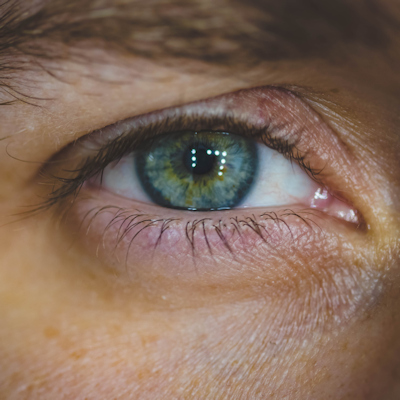October 7, 2022 -- The National Institutes of Health (NIH) has awarded biotechnology company Nanosope Technologies a $1.5 million small business innovation research direct-to-phase II grant for its advancement of glaucoma therapy using engineered mechanosensitive channel (EMC).
Vision loss due to glaucoma is the second leading cause of blindness in the U.S. with Primary Open Angle Glaucoma (POAG) being the most common. There is no cure and the currently available pharmacological and surgical treatments for glaucoma have significant limitations as well as side-effects, which include systemic reactions to medications, patient noncompliance, eye infections, surgical device failure, and damage to the eye.
The Nanoscope team has developed EMCs to sensitize cells toward abnormal mechanical stress related to pressure elevation caused by glaucoma. EMC acts as an ideal drainage valve for trabecular meshwork (a tissue located near the cornea), because it is a relatively small homo-oligomeric channel and does not need any associated proteins or energy sources to assemble and function.
Using patented gene-agnostic EMC therapy, Nanoscope researchers have demonstrated the lowering of the intraocular pressure in animal models of glaucoma. POAG is heterogenous and caused by different genetic mutations; however, most contributing mutations are still unknown. As a result, Nanoscope's approach of correcting the pathological phenotype rather than correction of genetic mutation in a gene-independent manner would be transformative in clinical ophthalmology, according to the researchers.
Nanoscope Technologies was founded in 2009 by Samarendra Mohanty, PhD, in order to develop new methods and devices for scientific, industrial, and biomedical applications. The company has developed a range of biomedical technologies which include diagnostics and therapeutic devices and molecules.
Copyright © 2022 scienceboard.net









